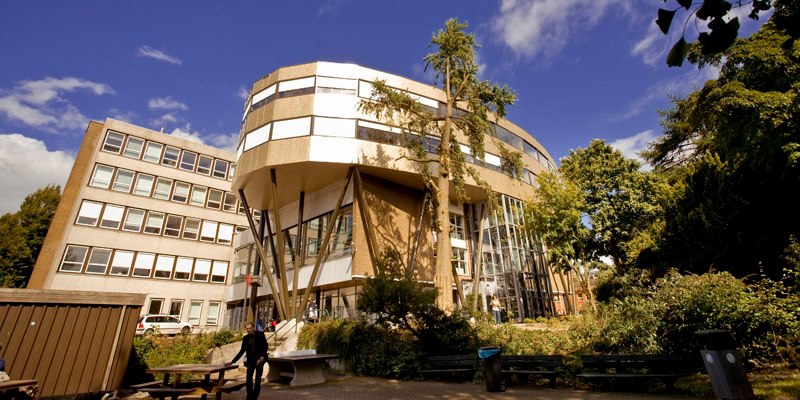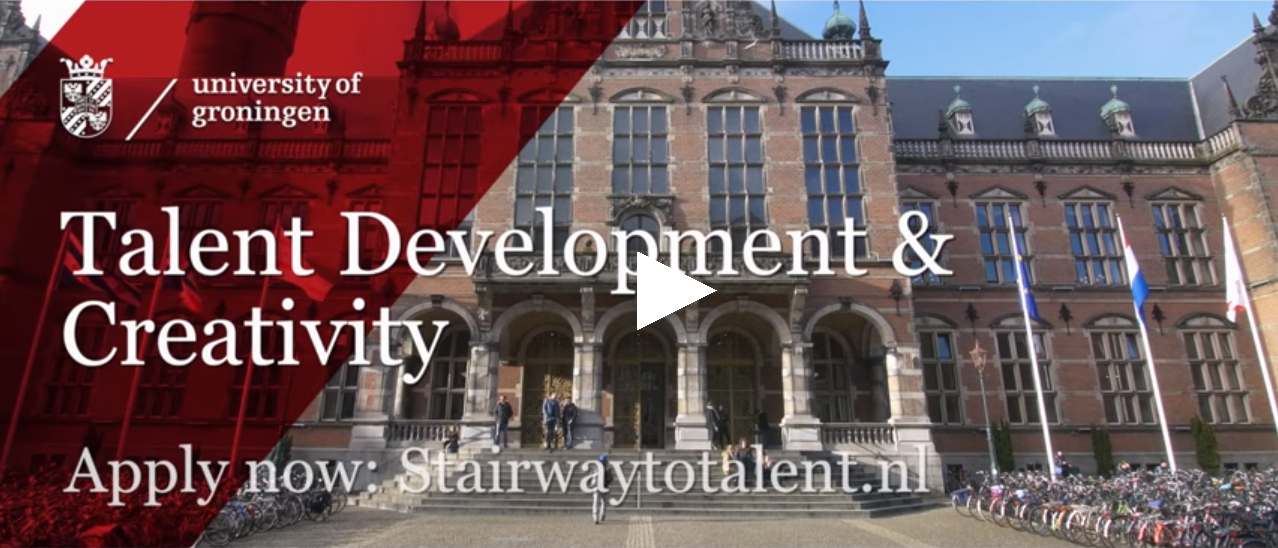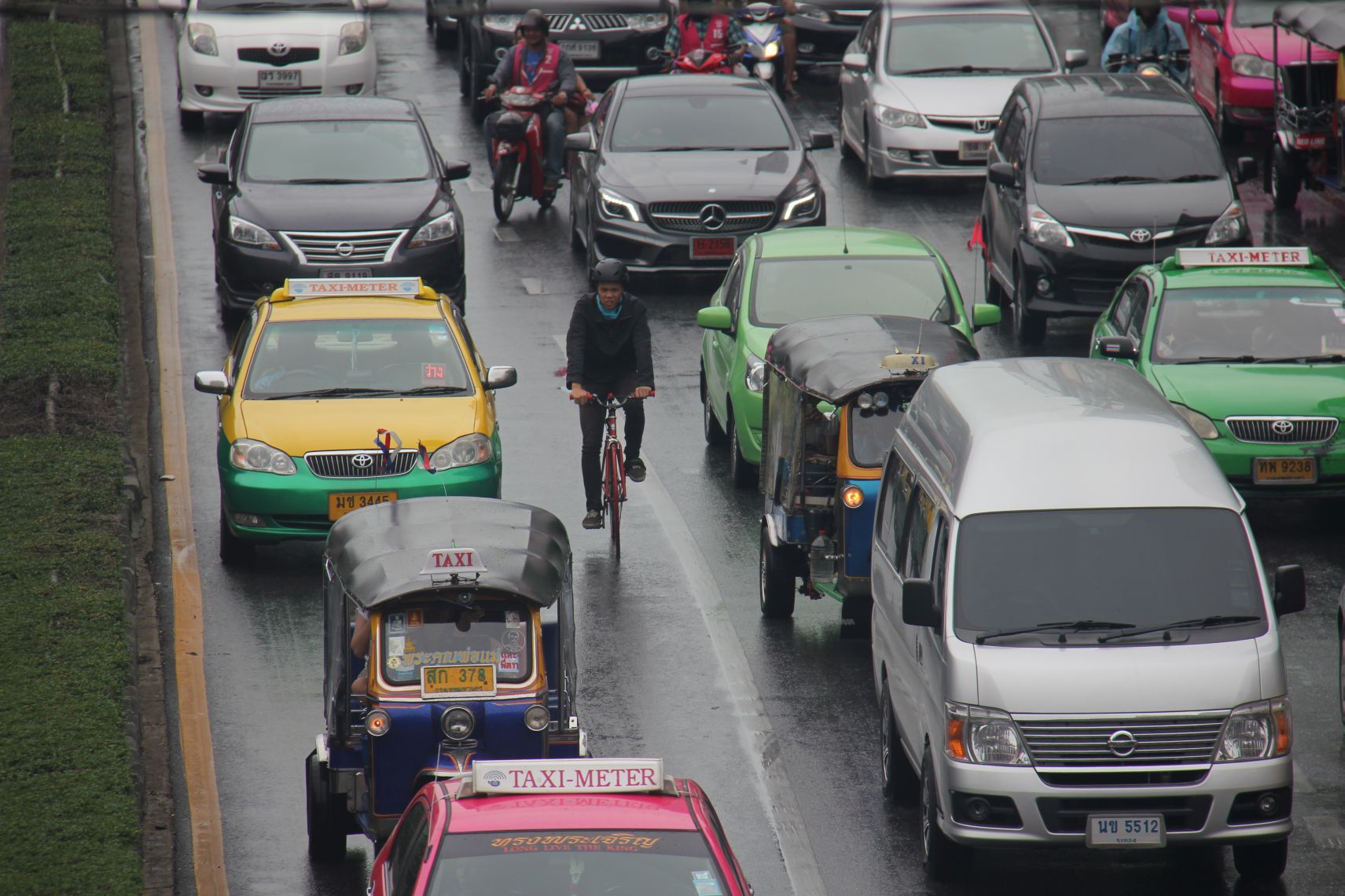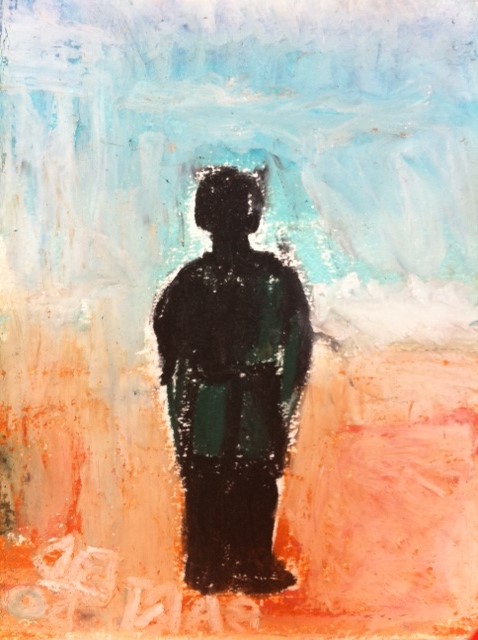
Psychology starts 5 new international master’s tracks
In September 2016, the Faculty of Behavioural and Social Sciences is starting nine new international master’s tracks, five of which are initiated at the Psychology Department. All tracks are aimed at linking psychological knowledge to particular fields of application. This way, participating in these master’s tracks should prepare students in the best possible way for the job market in their respective fields. All tracks seem very promising, but how do you pick the track that is right for you?
To get you started, Mindwise asked the coordinators the two main things every prospective student wants to know: What can we expect to learn and what will our career prospects be? Let’s hear their answers:
Talent Development and Creativity
What do students in your master learn?
Ruud den Hartigh: The study of talent and creativity has provided one of the biggest enigmas in the domain of psychology. What explains the exceptional achievements of Mozart, Einstein, Bill Gates, or Serena Williams? How can we optimally stimulate talent and creativity? In this master’s track you will learn 1) the state-of-the-art approaches to developing talent and creativity in (primarily) sports, work, and education, 2) to evaluate and advice organizations/institutions on their strategies to stimulate talent and creativity, and 3) methods that can be used to assess talent.
What are the career prospects of students following your master?
Any institution, such as the ministry of Education, Culture, and Science or the National Olympic Committee, but also a company, local school, or sports club, is interested in the questions: (a) How can we detect talented and creative individuals?, and (b) how can we provide the optimal opportunities to develop talent and creativity? After completing this master’s track you have gained the relevant expertise to answer these questions. Therefore, you can be valuable for different kinds of institutions, in which you could work as a psychologist in the role of (for example) consultant, coach, talent recruiter, analyst, or (embedded) researcher. Click here for the website of the Talent Development and Creativity master’s track.
Environmental Psychology
 What do students in your master learn?
What do students in your master learn?
Goda Perlaviciute: Climate change has been labelled
as the greatest threat to our future and that of generations to come (Obama, 2015). In recognition of this threat, almost 200 nations agreed to fight environmental problems caused by human behaviour. But which factors induce environmentally harmful behaviour and what motivates people to act pro-environmentally? In the Master’s track Environmental Psychology you will acquire knowledge and skills that enable you to understand the human dimension of environmental and energy problems. You will be able to develop and test theory in the field of environmental psychology and to build theory-based strategies to promote environmental quality.
“Articles in Nature and Nature Climate Change suggest a key role for social sciences in addressing environmental and energy problems.”
What are the career prospects of students following your master?
You will be qualified to pursue a PhD in Environmental psychology or to take up job opportunities in environmental and energy domains. Career prospects include, among others, conducting research at an institute for applied sciences, consultancy on environmental issues, environmental communication and education, policy advising or environmental policy making, and being a behavioural expert in environmental or energy organisations. The Environmental psychology group at the University of Groningen has many collaborations with other disciplines and universities, governmental agencies, and private companies and industry. Students can get involved in ongoing research projects, or to do an internship with governmental or private partners. Click here for the website of the Psychology and the Environment master’s track.
Reflectin g on Psychology
g on Psychology
What do students in your master learn?
Jonna Brenninkmeijer: In the new master track Reflecting on Psychology students learn to put their skills and knowledge into a broader context. Using perspectives from Philosophy of Science, Science and Technology Studies (STS), Sociology, Anthropology and Cultural Studies, this master encourages students to open up the black box of Psychology, and to explore its relations with other parts of science and society. We are looking for students who are interested in topics such as the value of fMRI scanners for law, the distinction between enhancement and therapy, debates on normalization and medicalization, the influence of media stories about autism on its clinical reality, or the impact of neuroscience on lay people’s perspectives.
“We aim to attract a relatively small number of students whom we will supervise individually and encourage to come up with their own research topics.”
What are the career prospects of students following your master?
Students with a Reflecting on Psychology master in their pocket will have proven to be good at writing, qualitative analysis and reflection. Because our students learn to think ‘out of the box’, quite a number of former students became academics (PhD’s). Others became science writers or publishers, developed as science policy advisers, worked for (qualitative) research institutes or firms, conducted archival work, and became teachers. Reflecting on Psychology will help you focus your interests, while allowing you sufficient freedom. So, do you like reading, thinking and writing? Then consider signing up for the master Reflecting on Psychology (Click here for the website).
Traffic Psychology and Sustained Mobility
 What do students in your master learn?
What do students in your master learn?
Dick de Waard: Traffic Psychology and Sustained Mobility is about behaviour in traffic and means to retain mobility. Mobility is crucial for a healthy life, lack of mobility often results in isolation and depression. Consequently, the question how people can continue participating in traffic without endangering themselves or others is paramount. Students learn how to achieve this, for instance by giving mobility advice or by using technological and infrastructural measures. Apart from general information on the state of the art in Traffic Psychology, students also get hands-on experience with specific tools regularly used in this area, such as driving simulators, and field GPS cameras.
What are the career prospects of students following your master?
Clinical Forensic Psychology and Victimology
What do students in your master learn?
Coby Gerlsma: From a psychological perspective, a criminal offense might be conceptualized as a social
encounter in which one of the participants breaks moral or legal rules at the other’s expense. Therefore, to understand crime, we need to understand offenders, victims, and their interactions. In the master’s track Clinical Forensic Psychology & Victimology, we study the causes, correlates, and consequences of crime from both the victims’ and the offenders’ perspectives. Besides learning to understand crime, students learn to formulate challenging research questions, and acquire clinical skills for assessment and interventions with victims and offenders.
“To understand crime, we need to understand offenders, victims, and their interactions”
What are the career prospects of students following your master?
This master’s track prepares you for a junior position in (forensic) mental health care, penitentiary institutions, victim support services, trauma-centers, offender-victim mediation, educational settings, social work, crime prevention. It also gives you a solid foundation for postgraduate study and training in clinical psychology, forensic psychology and victimology. Click here for the website of the Clinical Forensic Psychology and Victimology master’s track.
Didn’t find your track among these new tracks? Find all eleven psychology master tracks available in Groningen on this website.
Note: Picture Green Globe in Child’s Hands by Ken Teegardin, Brain in Glass by Marc Woldering, Traffic by Dick de Waard, Person on orange/blue background by Barteld.



